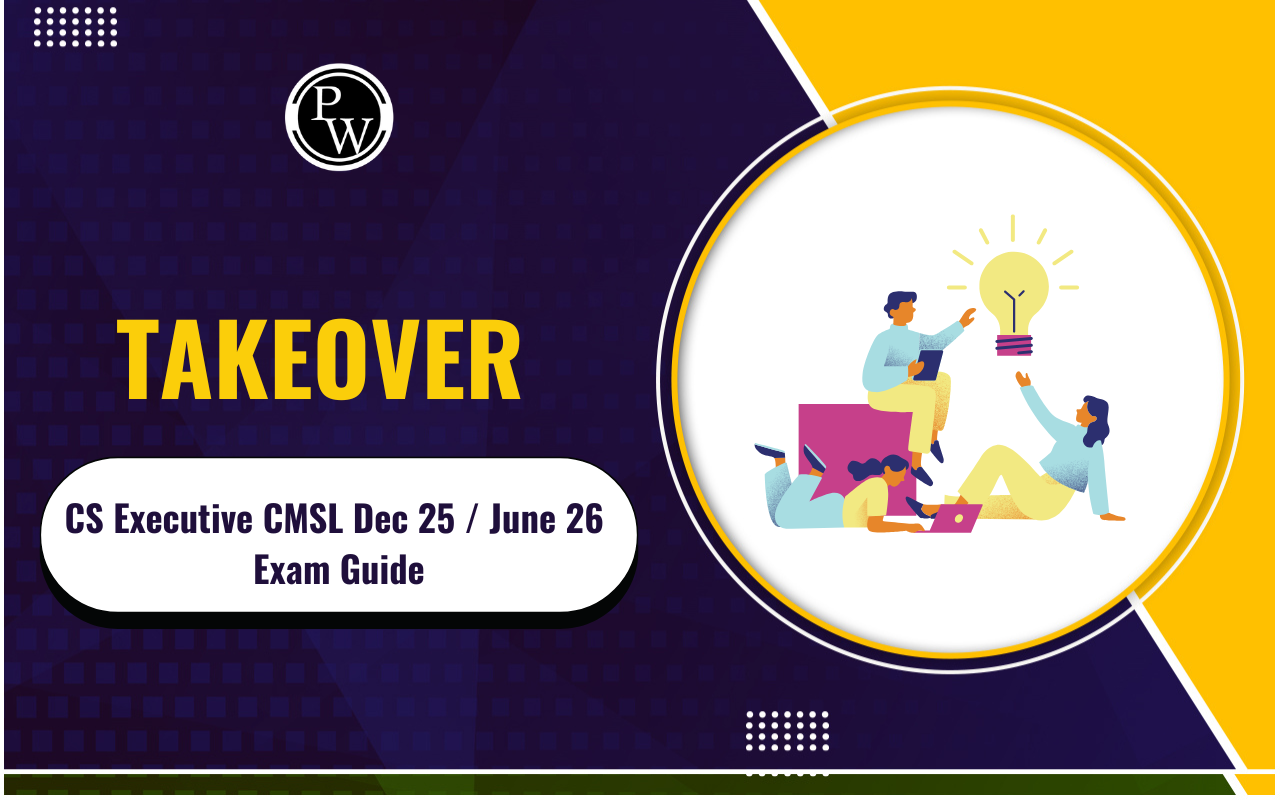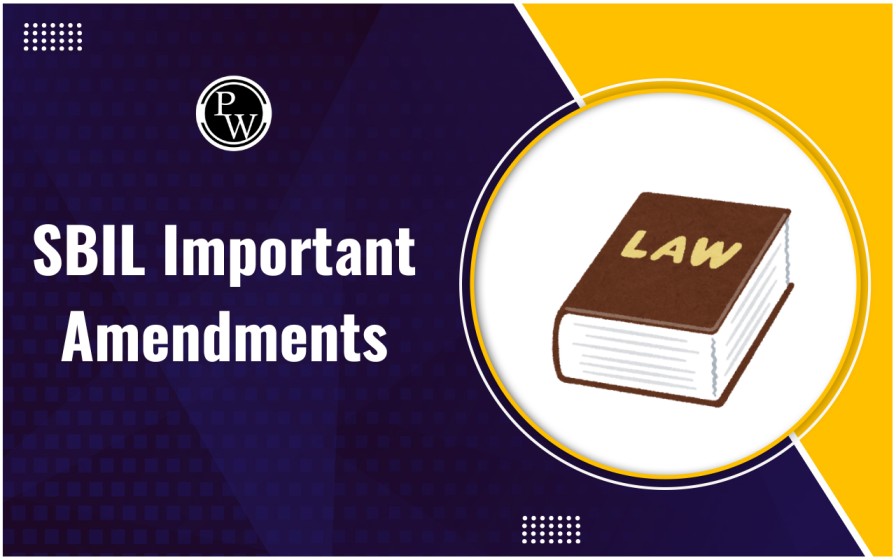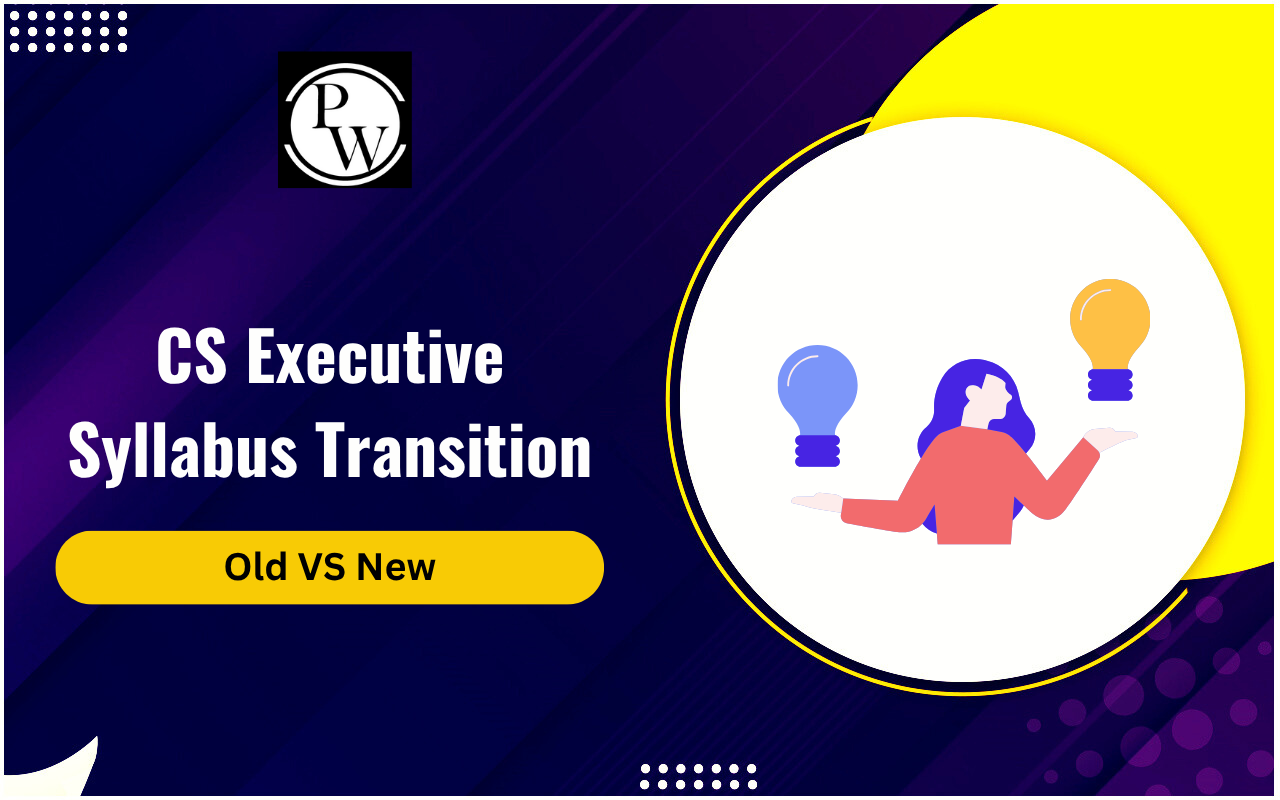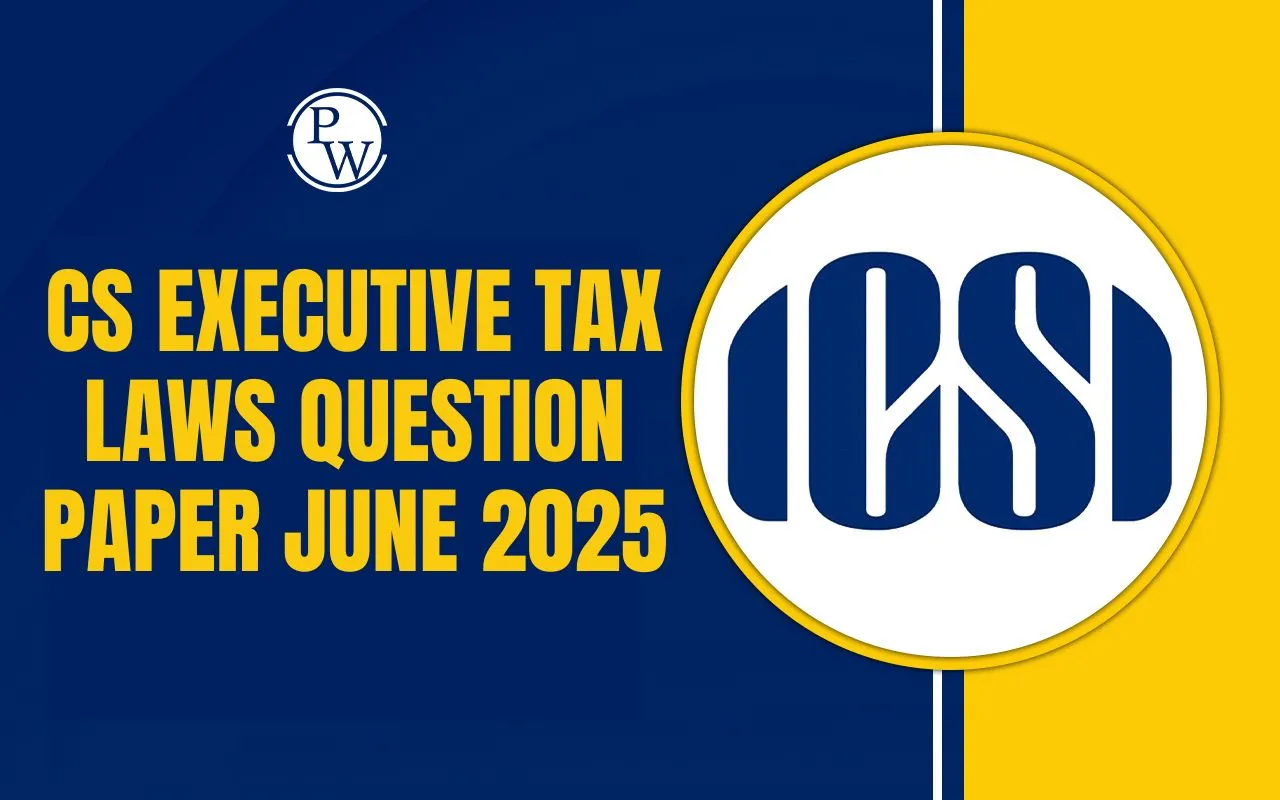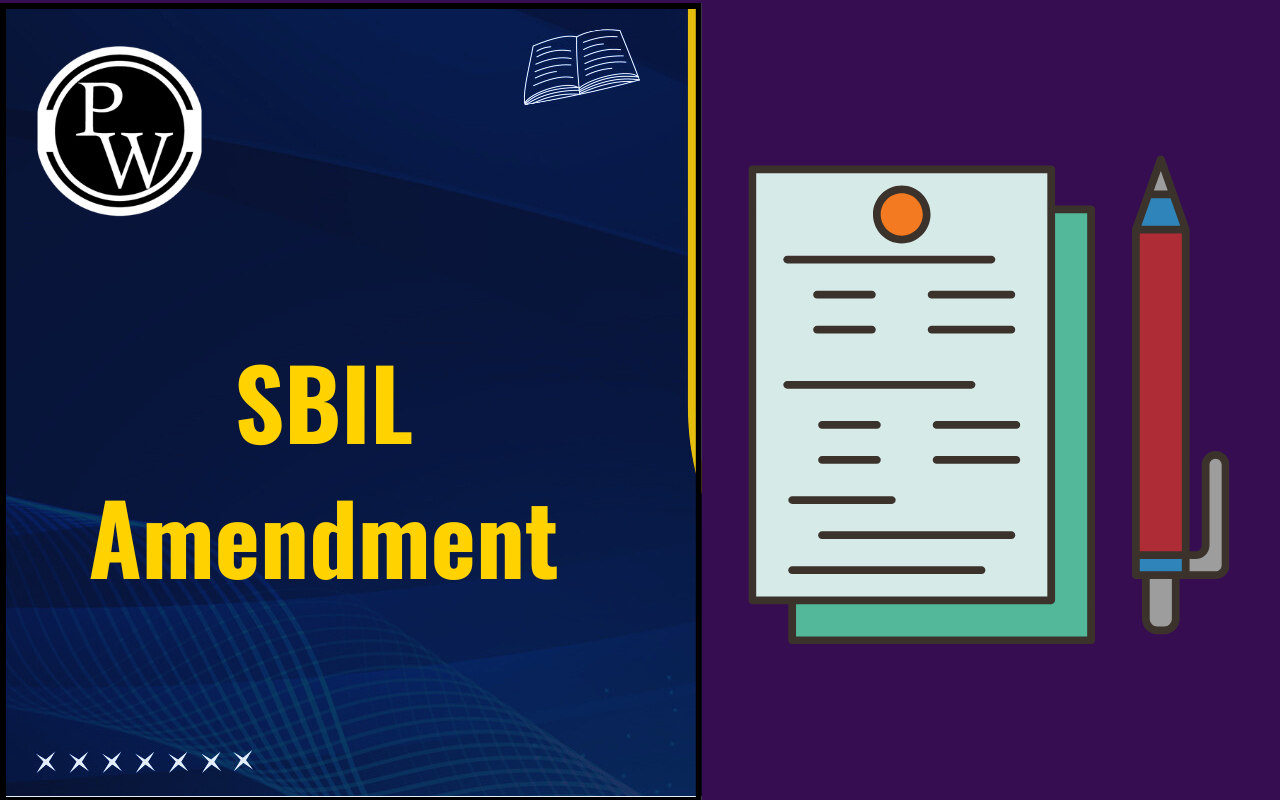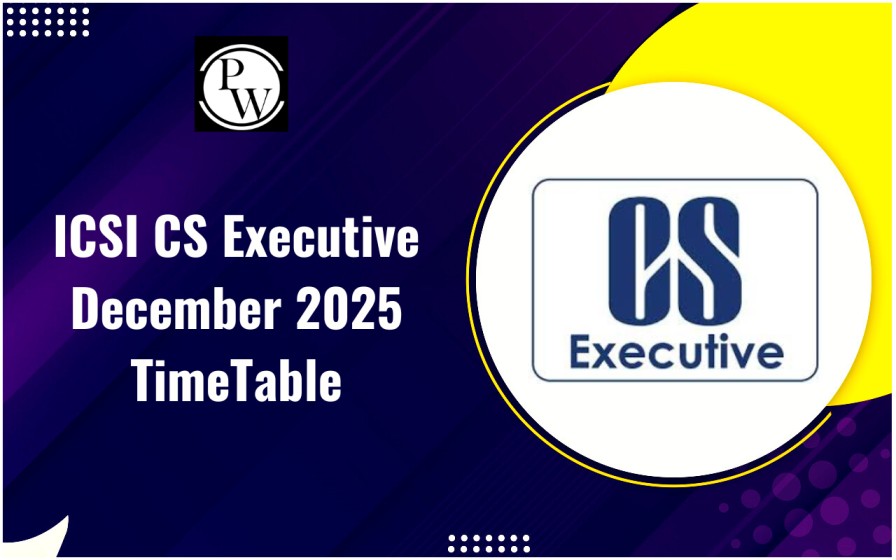
CS Executive Company Law Cases: Company Law in India is not limited to reading the Companies Act 2013. Real understanding comes from knowing how courts and tribunals interpret and apply those rules. In 2025, many new judgments have been delivered that are shaping the future of corporate governance and compliance.
For students who are preparing for the CS Executive Company Law Cases, these rulings are essential. Reading them in a case digest icsi style helps the students in understanding the law easily. Below, we’ve mentioned some landmark company law cases of 2025 that students should read.
CS Executive Company Law Cases
Before moving to the recent judgments, it is important to understand what CS Executive Company Law Cases mean for students. These cases form the practical foundation of company law learning. They explain how provisions of the Companies Act, 2013, are used in real-life scenarios.
In exams, questions often ask students to explain judgments, so being aware of landmark company law cases and learning them through a structured case digest ICSI style, gives a strong advantage.
Importance of Case Laws in Company Law
Case laws are not just references but guiding principles. Below, we’ve mentioned why case laws in company law are important for students to understand:
Bridge between theory and practice: While the Act gives rules, courts explain how those rules should be applied.
Guidance for companies: Companies know what actions are valid or invalid based on past judgments.
Learning tool for students: For learners of CS Executive Company Law Cases, case laws are essential to answer exam questions clearly.
Shaping future policies: Each judgment influences how future cases may be decided.
Landmark CS Executive Company Law Cases
Below, we’ve mentioned the landmark CS Executive Company Law Cases for students:
Case Study 1 – Accounts, Auditor & Investigation
Moon Star Ltd. has its registered office in Delhi and a branch in California. The company is engaged in processed food manufacturing. Its Board of Directors possesses deep knowledge in food processing, management, and finance. With an intention to expand operations, the company proposed to set up an Agro Cluster Food Park in India. During internal discussions, the directors came across certain irregularities in the accounts of the branch office and requested the statutory auditors to look into them in greater detail.
Legal Issue
The central issue was whether the statutory auditors could extend their scope of audit beyond their usual duties. It conducts a more detailed investigation into suspected irregularities at the branch. The matter also raised a question regarding the powers of the Central Government in ordering an investigation under the Companies Act, 2013.
Relevant Provisions
The Companies Act, 2013, contains provisions dealing with statutory audit (Sections 139–148) and investigations (Sections 210–229). An auditor is empowered to verify the correctness of accounts and financial statements. A full-fledged investigation into fraudulent practices or mismanagement usually requires approval from the Central Government.
Analysis and Decision
In this case, the auditors of Moon Star Ltd. were within their rights to report discrepancies in the accounts. It highlights them in their audit report. However, carrying out a deeper investigation into branch irregularities would not fall within the ordinary scope of an audit. For such purposes, either the company’s Board of Directors may initiate a special audit with government approval. Or the Central Government itself may order an investigation if it feels there is a need to protect the interests of stakeholders.
The outcome highlighted the distinction between audit and investigation. An auditor’s role is primarily to ensure that accounts give a true and fair view. An investigation is a more detailed process focusing on fraud, mismanagement, or misconduct. Students can learn here that when irregularities arise. The company must rely on statutory mechanisms under the Companies Act. To initiate a formal probe rather than extending the auditor’s duties informally.
Case Study 2 – Charges & Registration
Sparrow Textiles Pvt. Ltd., a company engaged in garment exports. They had borrowed funds from a bank by creating a charge over its machinery and plant. The charge was agreed upon in the loan documents. It was not registered with the Registrar of Companies (RoC) within the prescribed time. Later, when the company defaulted on repayment, the bank attempted to enforce its security. But it was faced with objections regarding the validity of the charge.
Legal Issue
The primary issue was whether the charge was created but not registered with the RoC. It could still be enforced against the company and its creditors. The case tested the importance of registration of charges under the Companies Act, 2013.
Relevant Provisions
Under Section 77 of the Companies Act, 2013, every company creating a charge must register it with the Registrar within 30 days of creation. With certain extensions available upon payment of additional fees. Failure to register renders the charge void against the liquidator and other creditors, although the company remains liable to repay the debt.
Analysis and Decision
In this case, since Sparrow Textiles Pvt. Ltd. had not registered the charge. The bank’s claim over the secured asset. It could not take precedence over other creditors or the liquidator in case of winding up. The unregistered charge was treated as unsecured debt for enforcement purposes. However, the company still remained personally liable to the bank for repayment of the loan.
The case underlines the legal requirement that companies must comply with registration provisions. It safeguards the rights of lenders. For students, the lesson is clear that the creation of a charge is not complete in the eyes of the law until it is duly registered. Without registration, even a valid contractual charge. It may lose its enforceability against third parties.
Case Study 3 – Investigation
Green Earth Ltd., an energy company involved in renewable energy projects. It witnessed a sudden increase in its share price. The rapid rise created suspicion among minority shareholders and market regulators. Allegations surfaced that the company’s directors were misusing insider information. It artificially inflates stock values for personal gain.
A group of shareholders submitted a formal complaint requesting an investigation. The affairs of the company, particularly in the conduct of its board of directors.
Legal Issue
The issue was whether shareholders could demand an investigation. It also raised the question of government intervention under the Act.
Provisions Involved
Section 210 of the Companies Act, 2013, provides that the Central Government may order an investigation. The affairs of a company the reported by the Registrar, based on shareholders’ requests, or in the public interest. Additionally, Section 212 empowers the Serious Fraud Investigation Office (SFIO) to carry out detailed inquiries in cases of suspected fraud.
Analysis and Decision
Considering the circumstances, the government had sufficient grounds to direct an investigation. The complaints of minority shareholders were supported by unusual market behavior. It raised concerns of insider trading and mismanagement. The case highlighted that shareholders, especially minority stakeholders, are protected under the law. It can initiate action if they believe the company’s management is acting against their interests.
Case Study 4 – Corporate Governance
Lotus Pharma Ltd., a listed pharmaceutical company, faced criticism. It was revealed that several independent directors on its board were not actively participating in meetings. Important decisions regarding expansion, investment, and related-party transactions were being passed without adequate deliberation. Shareholders expressed concerns that the board was merely rubber-stamping decisions. It promotes without exercising independent judgment.
Legal Issue
The issue was whether the company had complied with the corporate governance norms prescribed. Under the Companies Act, 2013, and SEBI regulations, the role of independent directors was being effectively discharged.
Provisions Involved
Section 149 of the Companies Act, 2013, makes it mandatory for listed companies to appoint independent directors. Directors are expected to bring objectivity, safeguard stakeholders’ interests. It ensures proper checks and balances. Additionally, SEBI’s Listing Obligations and Disclosure Requirements (LODR) emphasize the importance of board independence and accountability.
Analysis and Decision
The investigation revealed that although Lotus Pharma Ltd. had formally appointed independent directors. Their role was not effective in practice. This amounted to a violation of governance norms. The decision underlined that the presence of independent directors is not sufficient. They must actively participate in oversight to uphold transparency and fairness. The case served as a reminder that strong corporate governance is important for protecting shareholder confidence. It ensures the long-term sustainability of a company.
Why These Judgments Matter
These cases show how courts and tribunals enforce compliance. For CS Executive students, these rulings are valuable:
- These judgments form part of the case digest ICSI study notes for cs students.
- These judgments give clarity to students on how courts interpret provisions of the Companies Act.
- They highlight the importance of directors, shareholders, and regulators in shaping company decisions.
- They show how compliance failures can result in penalties, insolvency, or invalid actions.
The year 2025 has already brought forward several landmark company law cases. From disputes over shareholding and insolvency to CSR compliance. The decisions show the dynamic nature of Indian corporate governance.
For CS Students, CS Executive Company Law Cases, giving judgments through a case digest icsi format provides a strong understanding of how laws work in reality. These rulings are not just stories of companies. They are lessons for future managers, directors, and corporate professionals.
| Related Links | |
| CS Executive | CS Executive Syllabus |
| CS Executive Registration | CS Executive Admit Card |
CS Executive Company Law Cases FAQ
Why are case laws important for CS Executive Company Law preparation?
What is the difference between an audit and an investigation in company law?
What happens if a company fails to register a charge with the RoC?


